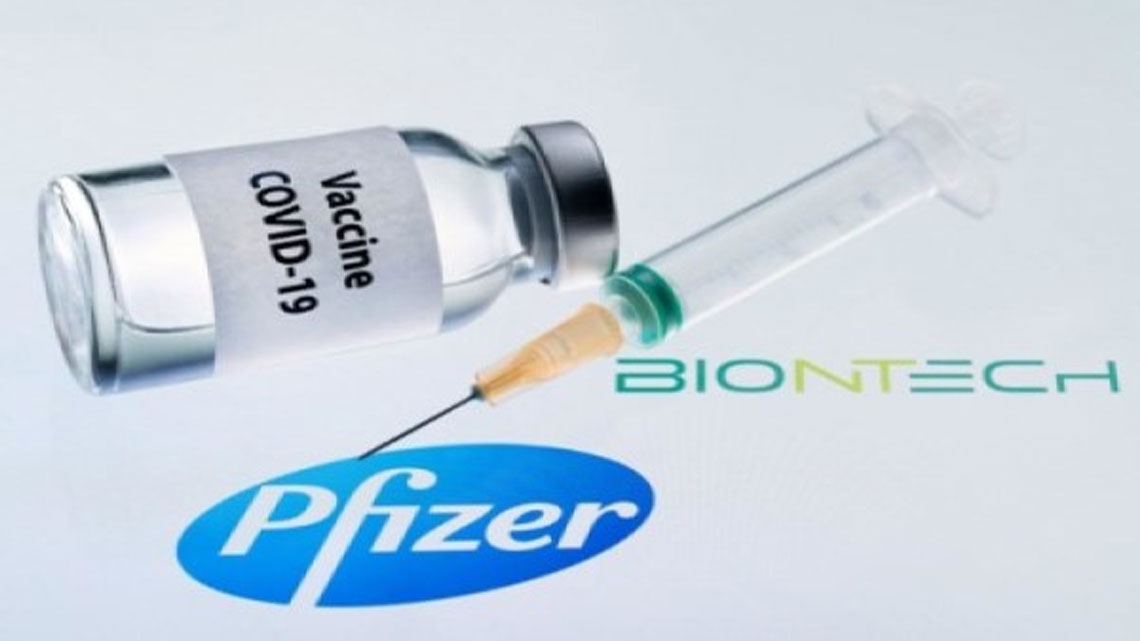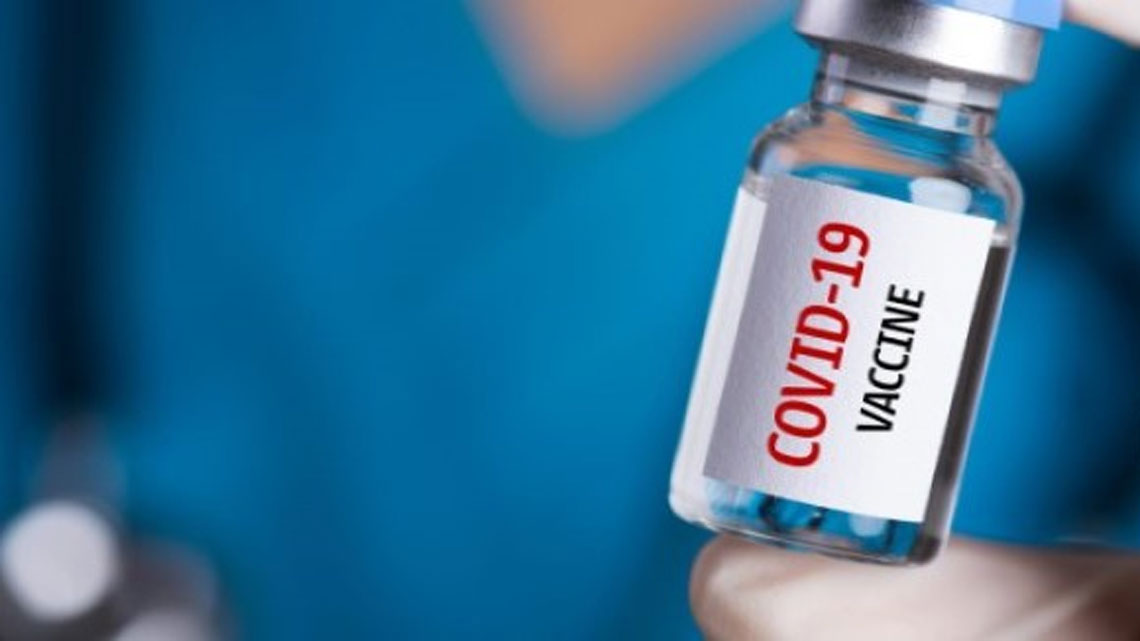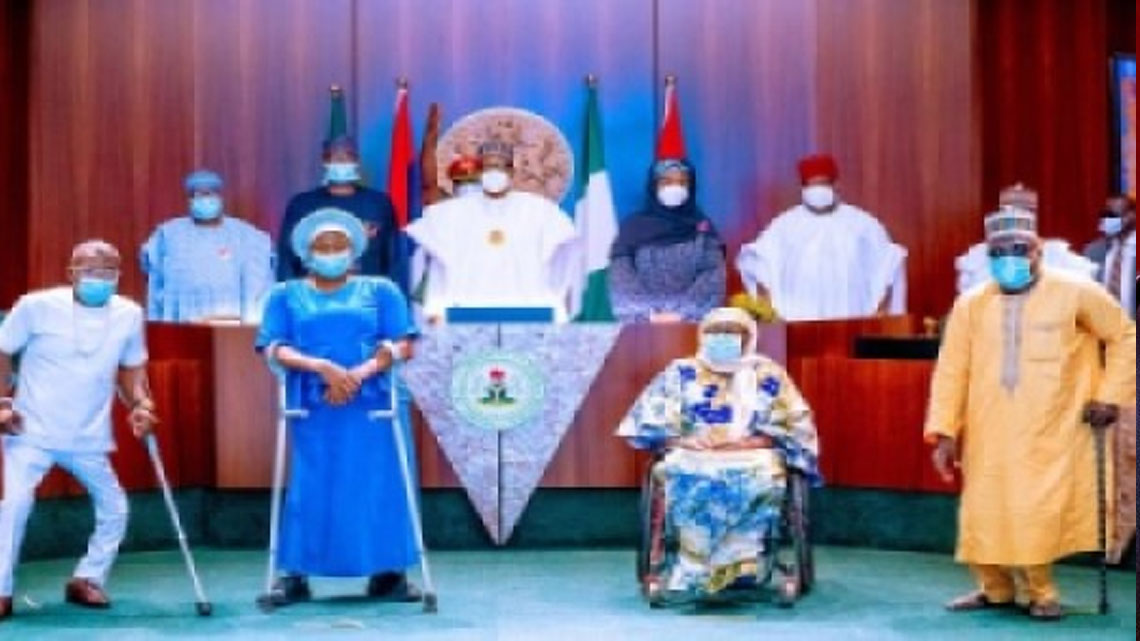A helminthiasis is a group of diseases or infestations caused by varieties of worms (parasitic worms). There are numerous species of these parasites, which are broadly classified into tapeworms, flukes, and roundworms. They often live in the gastrointestinal tract of their hosts,
but they may also burrow into other organs, where they induce physiological damage. Soil-transmitted helminthiasis and schistosomiasis are the most important helminthiases and are among the neglected tropical diseases. This group of helmianthiases have been targeted under the joint action of the world's leading pharmaceutical companies and non-governmental organizations through a project launched in 2012 called the London Declaration on Neglected Tropical Diseases, which aims to control or eradicate certain neglected tropical diseases by 2020.
PARASITES
A parasite is an organism that lives on or in a host organism and gets its food from or at the expense of its host. There are three main classes of parasites that can cause disease in humans: protozoa, helminths, and ectoparasites.
HELMINTHS
Helminths are large, multicellular organisms that are generally visible to the naked eye in their adult stages. Like protozoa, helminths can be either free-living or parasitic in nature. In their adult form, helminths cannot multiply in humans. There are three main groups of helminths (derived from the Greek word for worms) that are human parasites:
- Flatworms (platyhelminths) – these include the trematodes (flukes) and cestodes (tapeworms).
- Thorny-headed worms (acanthocephalins) – the adult forms of these worms reside in the gastrointestinal
- Roundworms (nematodes) – the adult forms of these worms can reside in the gastrointestinal tract, blood, lymphatic system or subcutaneous tissues. Alternatively, the immature (larval) states can cause disease through their infection of various body tissues.
HUMAN HELMINTHIASIS.

Human helminthiasis, known as worm infections, is any macroparasitic disease affecting humans, in which a part of the body is invaded by a lot of worms, known as helminths. They are broadly classified into flukes, tapeworms, and roundworms. Soil-transmitted helminthiasis and schistosomiasis are the most important, being included in the neglected tropical diseases.
Helminthiasis has been found to result in poor birth outcomes, less cognitive development, lower school and work performance, lower socioeconomic development, and poverty. Soil-transmitted helminthiases are responsible for parasitic infections in as much as a quarter of the human population worldwide.
MODE OF TRANSMISSIONS.
faecal-oral transmission: Eggs or larvae passed in the faeces of one host and ingested with food or water by another.
Transdermal transmission: Infective larvae in the soil actively penetrating the skin and migrating through the tissues to the gut. In the gut, adults develop and produce eggs that are released in the host’s faeces.
Vector-borne transmission: Larval stages are taken up by blood-sucking arthropods or undergo amplification in aquatic molluscs
LOCALIZATIONS.
Most helminths affect different parts and organs of the body. These include the skin, Lungs, Brain, Liver, Lymphatic vessels intestine, Eye
CLINICAL MANIFESTATIONS/SIGNS AND SYMPTOMS
- Diarrhoea
- Gastrointestinal upset
- Vaginal irritation
- Joint pain
- Mucous in stools
- Abdominal cramps and gas
- Loss of appetite
- Cough
- Fever
- Vomiting
- A general feeling of unwell
- Immune dysfunction
- Allergies
- Anaemia
- Lethargy
- Fuzzy thinking
- Headaches
- Restlessness
- Hair loss
- Arthritis
- Mineral imbalances
- Symptoms may last for weeks and return several times a year with one or more symptoms
DIAGNOSIS
- Microscopic examinations of the stool
- Scotch tape test
- Endoscopy
- Colonoscopy
- X-ray
- Magnetic Resonance Imaging (MRI) scan
- Computerized Axial Tomography (CAT) scan (used to look for some parasitic diseases that may cause lesions in the organs)
- Molecular Diagnosis: the stool specimen can be analyzed using molecular techniques such as
TREATMENT AND MANAGEMENT.

Pharmaceutical treatment of helminthiasis depends largely on the causative parasite. Intestinal antihelminthics are selected based on disease prevalence, safety, efficacy, and comparative cost-effectiveness and they include: Albendazole, Levamisole, Mebendazole, Niclosamide, Praziquantel, Pyrantel, Diethylcarbamazine, Ivermectin, Triclabendazole, Oxamniquine
PREVENTION.
- Availability of water for use in personal hygiene
- Sanitation and education to promote using latrines
- Education on hand washing and washing of food
- Avoid the use of uncomposted human faeces as fertilizer
- Avoid walking on bare feet in areas where hookworm is common and where there may be human faecal contamination of the soil
- Stop outdoor/open defecation
- Effective sewage disposal systems
- Mass chemotherapy: Mebendazole & Albendazole administered in a single dose are safe, relatively inexpensive and effective for several months






